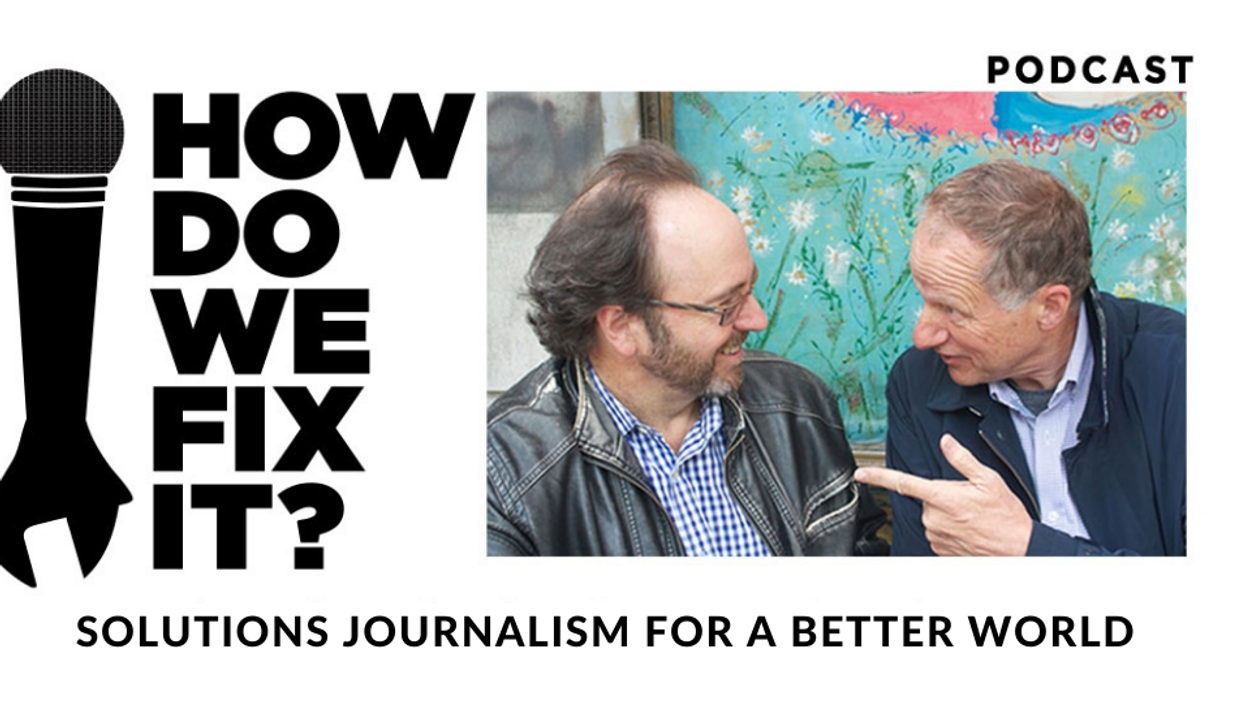We have a 2022 post-election show with a twist. Instead of focusing on which party is up or down, we open the hood and examine the engine of our democracy. Voters delivered a clear verdict: Most election deniers were defeated as many voters, especially independents, split their ballots, and shunned the extremes
This episode’s guests are Layla Zaidane, President and CEO of Millennial Action Project— the nation's largest nonpartisan organization of young lawmakers— and David Meyers, founding Executive Editor of the democracy newsletter, The Fulcrum. In the days before the election, the media was full of warnings, and perhaps some hyperbole, about the perilous state of American democracy.




















Trump & Hegseth gave Mark Kelly a huge 2028 gift